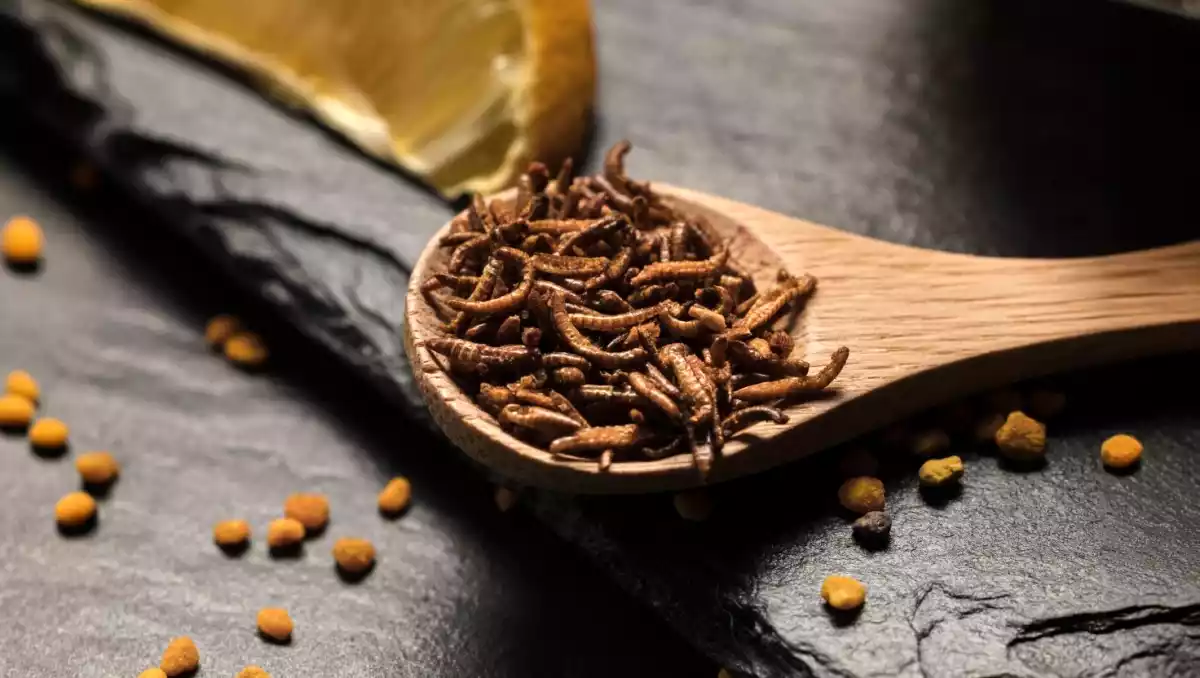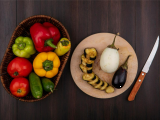Insects on the menu soon? The European Union paves the way for a new way of eating!

No, this isn't an episode of Survivor. This Monday, February 10, 2025, the European Union authorized the incorporation of Tenebrio molito r larvae powder, better known as mealworm, into various food products. This decision marks a turning point for the food industry, in its quest for sustainable alternatives to animal proteins. We tell you more ;).
A food revolution in the making
This insect flour, obtained after ultraviolet treatment, can be added to a variety of products: bread, pasta, cakes, compotes and even cheeses. This initiative is part of a wider movement to diversify protein sources and reduce the environmental footprint of food production. Following on from the authorization of migratory crickets and domestic crickets (Source: Lemonde), this latest step paves the way for more widespread consumption of insects in Europe.
Controlled consumption
Despite manufacturers' enthusiasm for this nutritional alternative, European regulations impose strict rules. Every product containing this powder must clearly state on its packaging: "Powder of whole larvae of Tenebrio molitor (mealworm) treated with UV light". What's more, the authorized quantity remains limited, fluctuating between 1 and 4 % per product. This precaution is designed to guarantee protein enrichment without disrupting the usual flavors of the food.
The European Food Safety Authority(EFSA) validated this authorization after an in-depth assessment, concluding that there were no major health risks. However, those allergic to shellfish and mites will need to be vigilant, as insects share similar allergens.
Uncertain consumer adoption
While the idea of eating insects is commonplace for many people, it remains marginal in Europe, where cultural reticence is strong. Nevertheless, the European Commission insists that the practice is not new, and leaves it up to consumers to decide whether or not to embrace this dietary innovation. It remains to be seen whether the French, often attached to their traditional gastronomy, will accept this novelty or whether it will remain the preserve of a niche market. The shelves of specialty stores and innovative chains will be the first to test the popularity of this alternative protein source. One thing is certain: this initiative is a challenge to European eating habits and could, in time, redefine our plates...
Other articles to chew on:
 Mathieu Maggiore
Mathieu Maggiore


Comments